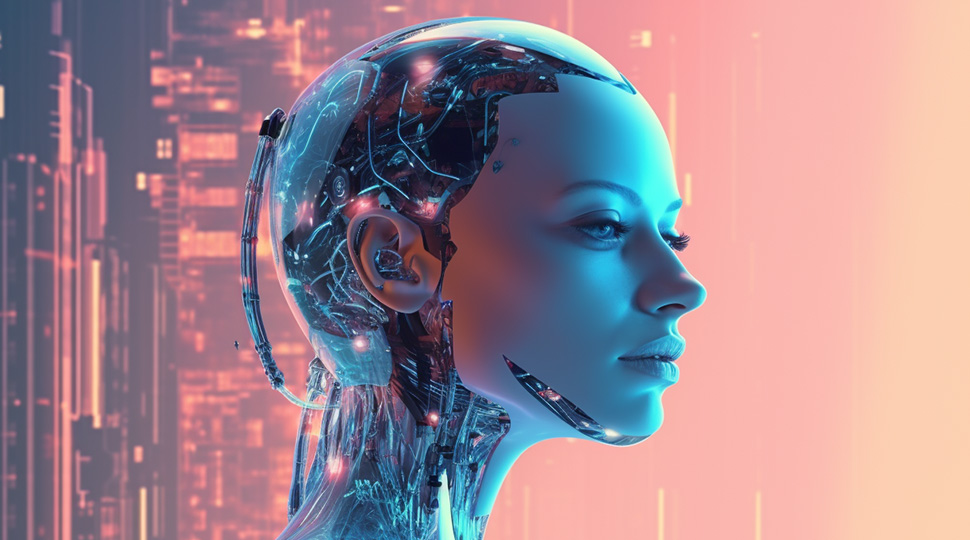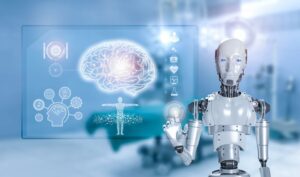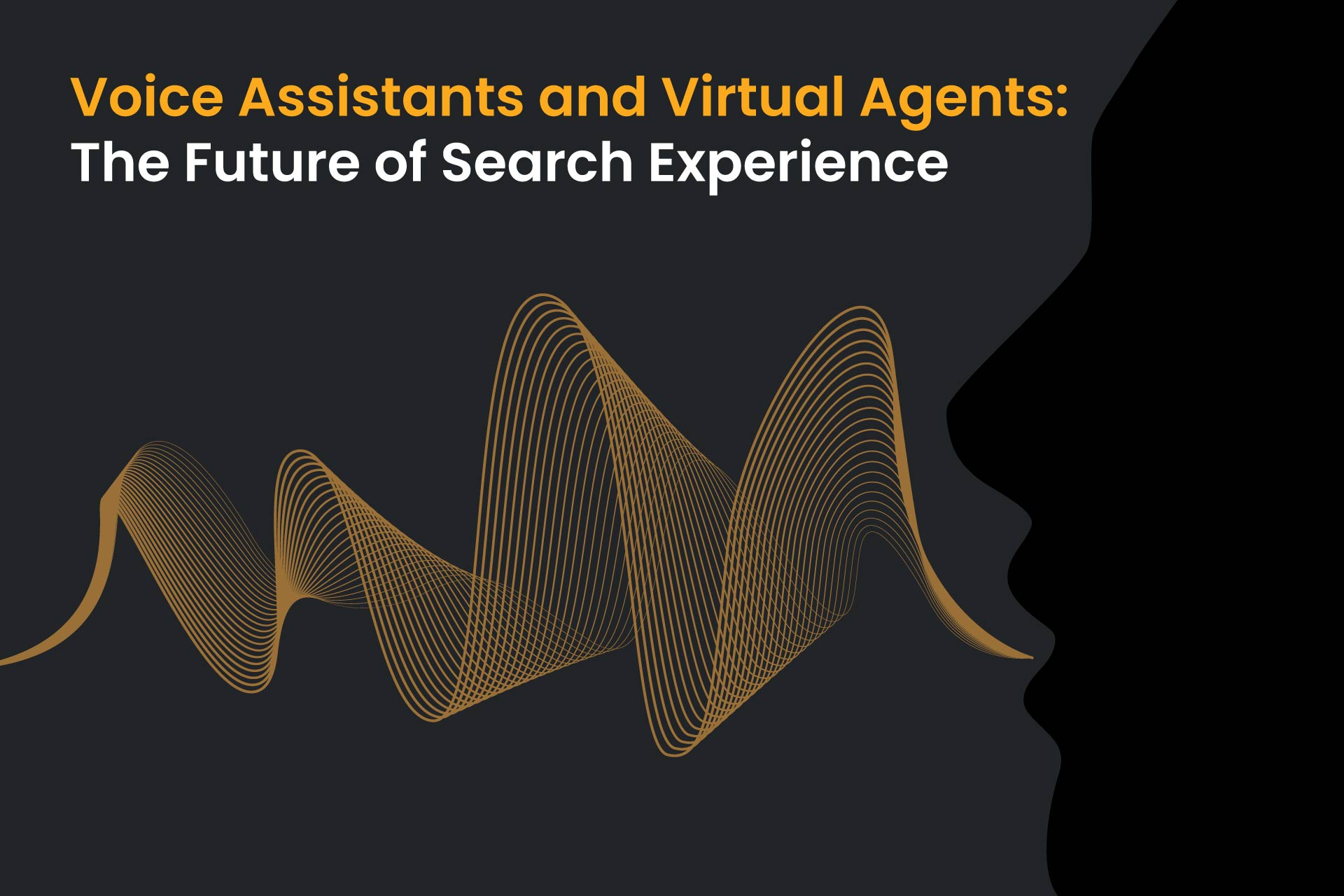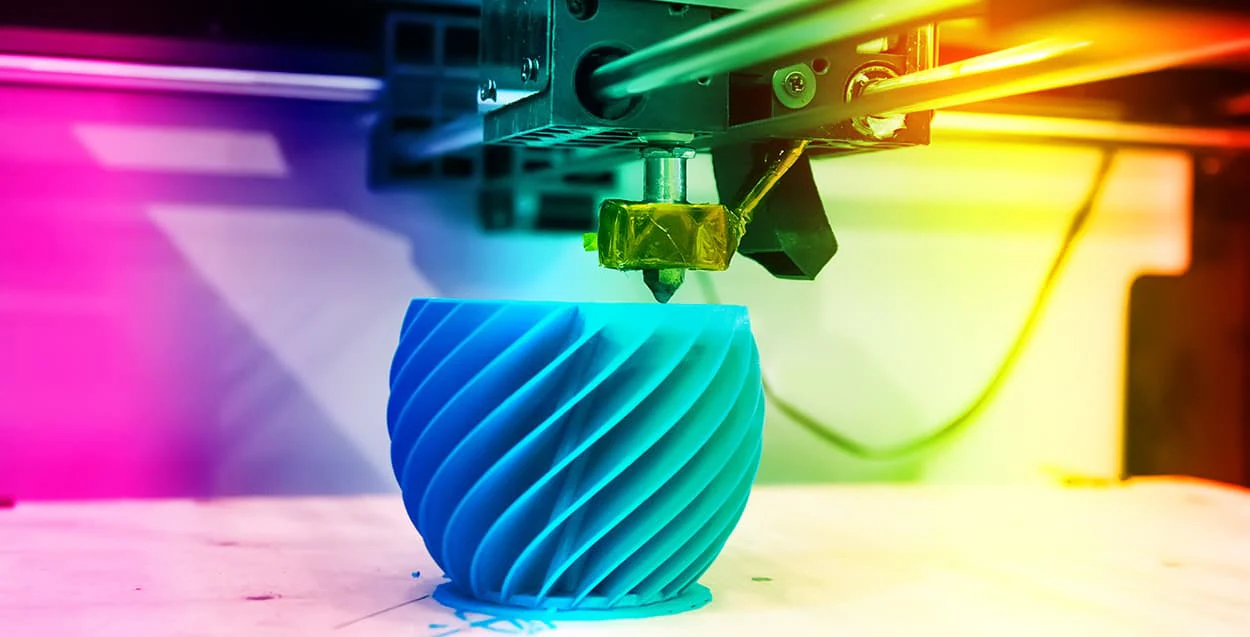
Artificial Intelligence (AI) often evokes a mix of excitement and fear. With so many advancements and a slew of sci-fi stories, it’s easy to feel apprehensive about what AI could mean for the future. However, rather than fear it, we should recognize the potential benefits and embrace the changes AI brings. Here’s why you shouldn’t be scared of artificial intelligence but should instead welcome it with open arms.
1. Artificial Intelligence is Already Making Life Easier
Artificial intelligence is already integrated into many aspects of our lives, often in ways we may not realize. From personalized recommendations on platforms like Netflix and Amazon to smart home devices like Google Home and Alexa, AI simplifies our daily tasks. In healthcare, AI-powered diagnostics and treatment plans are revolutionizing patient care, improving outcomes, and saving lives. These innovations highlight how AI is enhancing our everyday experiences.
2. AI Augments Human Abilities
Contrary to the fear that AI will replace humans, artificial intelligence is designed to augment human abilities. In the workplace, AI takes on repetitive and mundane tasks, freeing up employees to engage in more creative and strategic work. For example, AI in data analysis can quickly process vast amounts of information, enabling humans to make better, data-driven decisions. This partnership between humans and AI leads to increased productivity and job satisfaction.
3. Ethical AI Development is a Priority
One major concern with artificial intelligence revolves around ethics and control. Fortunately, the field of AI ethics is expanding, with researchers and policymakers working diligently to develop responsible AI guidelines. These frameworks address crucial issues like bias, transparency, and accountability, ensuring AI is developed with the greater good in mind. By prioritizing ethical AI development, we can mitigate potential risks and promote beneficial outcomes.
4. AI Creates New Opportunities
As artificial intelligence continues to evolve, it brings with it a wave of new opportunities. AI is spawning new industries and job roles that didn’t exist a few years ago, such as AI researchers, machine learning engineers, and data scientists. These emerging fields offer exciting career paths for those eager to learn and adapt. Additionally, AI-driven innovations are opening up new markets and driving economic growth, benefiting various sectors.
5. Collaboration is Essential
The development of artificial intelligence is a collaborative effort that spans multiple disciplines, including computer science, psychology, ethics, and law. By fostering collaboration among these fields, we can address AI-related challenges more effectively. Partnerships between public and private sectors, academia, and civil society ensure diverse perspectives are considered, leading to more robust and inclusive AI solutions.
6. Embracing Change with a Growth Mindset
Change can be daunting, but it also presents opportunities for growth and innovation. By adopting a growth mindset, we can approach artificial intelligence with curiosity and a willingness to learn. Education and upskilling are crucial in this context. By equipping ourselves with the knowledge and skills to understand and work with AI, we can harness its potential and shape its development.



